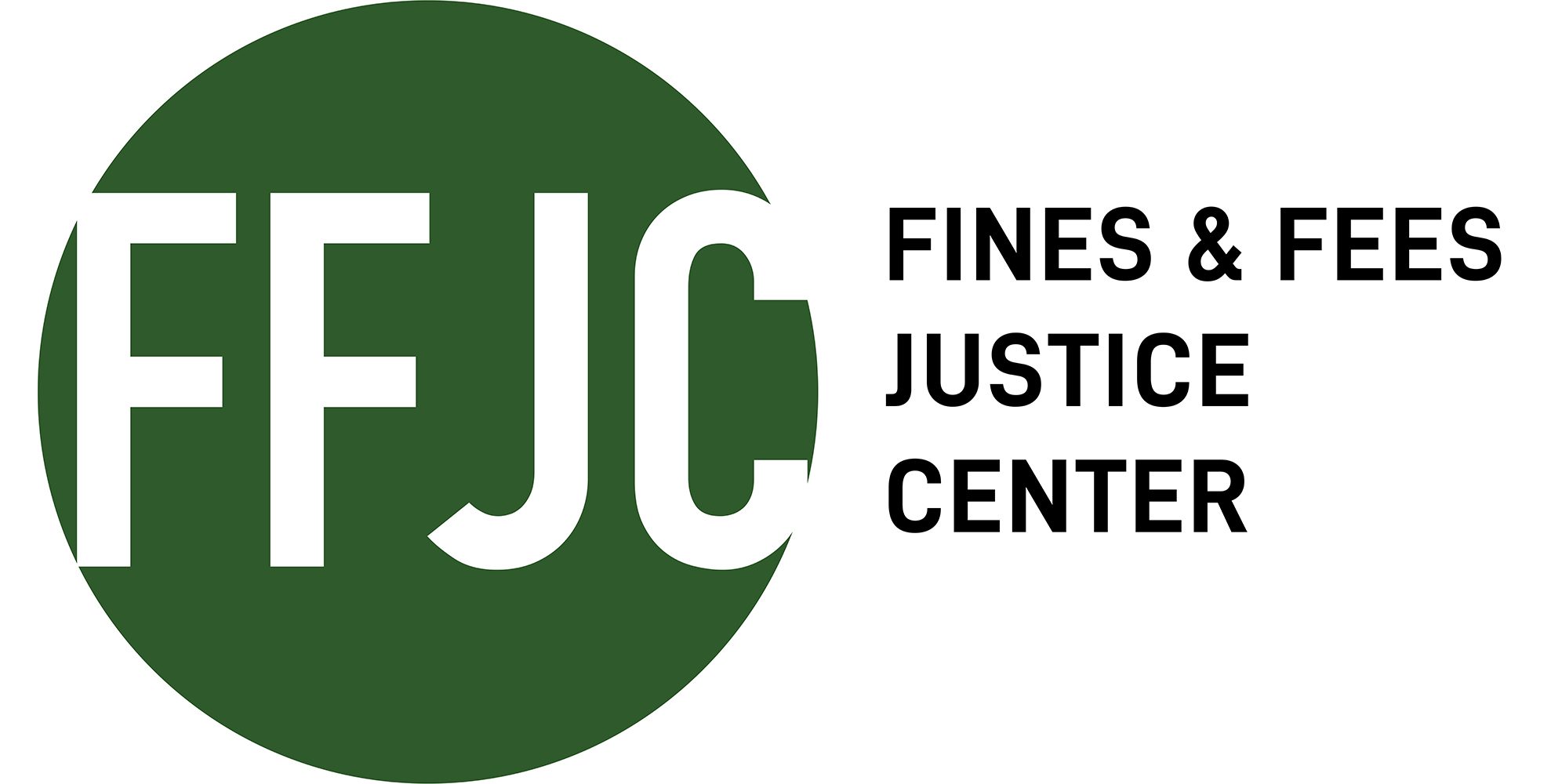With funding from the ARP, cities can have the flexibility to question their revenue collection practices.
Before the onset of the COVID-19 pandemic, many individuals were forced to choose between paying fines and fees or their day-to-day needs. As the pandemic further exacerbated economic insecurity, many cities temporarily implemented policies and programs to halt the collection of fines and fees. While American Rescue Plan Act funding can help build economic reserves for individuals and families, the existence of inequitable revenue-raising practices requires continued rethinking of revenue collection practices. This report provides six recommendations on how local government leaders can reform their fines and fees practices.
You can read the full text here.
Recommendations:
- Create working groups of stakeholders in the community and host listening sessions to hear directly from people impacted by fines and fees.
- Conduct internal reviews of existing fines and fees policies and consider integrating data collection into existing processes to establish long-term and sustainable data collection processes.
- Break the fine and fees landscape into specific categories (transportation, criminal justice, quality of life, and collateral consequences).
- Identify which government unit is responsible for setting a fine or fee, their authority to make policy changes, and their possible contributions to the working group and policymakers.
- Challenge assumptions and existing administrative procedures on fines and fees.
- Use options from the ARP to fund fine and fees reform efforts.
